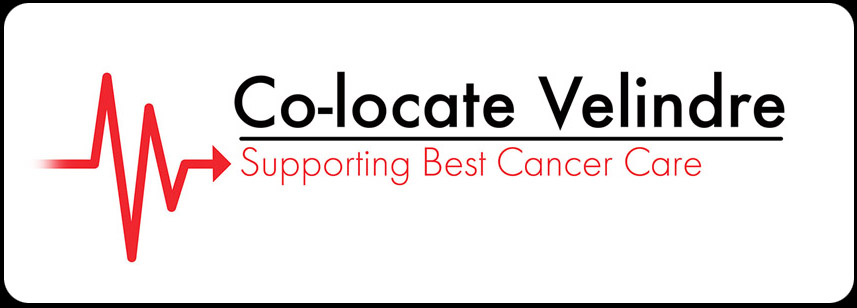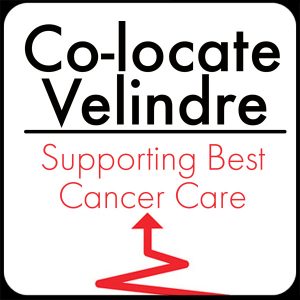We contacted all Welsh Government Assembly Members earlier this year. We summarised our concerns about the plans for the new cancer centre, and the process being used. We’re posting information from the letter on this site.
Failure to fully engage the other stakeholder Local Health Boards in the planning process:
Both the Nuffield report and the minutes of the Health Social Care and Sports Committee meeting held on 30/09/2020 [https://record.assembly.wales/Committee/6443] discuss the quality of engagement.
The Nuffield Trust report makes the following points about the Transforming Cancer Services Programme
- A strong emphasis on care closer to home and the design of care around the patient’s need.
- Enhanced care within the Local Health Boards (LHB).
- Three or more Velindre@ specialist units supported by VCC, providing a range of ambulatory cancer services within LHB sites and working closely with local services.
- A VCC satellite radiotherapy unit at Abergavenny.
- A new VCC including acute care and providing the Velindre@ for the Cardiff & Vale LHB.
‘ The detailed components of some of this have not been developed. This planning process culminated in the approval in 2017–18 by all LHBs of an outline business case for a new VCC to be built on the Northern Meadows’,
It beggars belief that despite the fact that “The detailed components of some of this have not been developed” approval was gained for the outline business plan.
This may in part be explained by comments from the Chief Medical Officer, Dr Frank Atherton, at the Health Social Care and Sports Committee meeting held on 30/09/2020, at 09:42:50 Dr Atherton stated:
“I think perhaps, with the benefit of hindsight, having made the decision by the health boards to go ahead with the construction of the new Velindre cancer centre back in 2018, perhaps that clinical engagement should have continued, and that’s perhaps allowed—that perhaps didn’t happen as much as it needed to.”
At 09:50:21 Dr Atherton stated:
“ Talking to Tom Crosby, in particular, he spent a huge amount of time travelling around all the health boards, talking with all interested parties from a clinical perspective, up to the decision by the health boards in 2018 to proceed with the development of the new Velindre Cancer Centre. Of course, since then, time has moved on, and, with the benefit of hindsight, I think it would have been better if that clinical engagement perhaps had continued. It probably paused because a decision had been made; it was assumed that everybody was comfortable”
It is quite clear that the engagement process has been incomplete and flawed.
Assuming everyone was comfortable is not the same as unanimous support, and surely not the ringing endorsement to signal the green light for a £200 million project.
We know that the cancer lead from Cardiff and Vale expressed significant concerns as far back as 2017, regarding the proposal to build a stand alone model.
It is also clear that when engaging with other Health Boards, there was no discussion around the findings of the Beatson enquiry into the West of Scotland Cancer Centre, despite this having been undertaken in 2015.
More recently there have been further significant examples of Velindre NHS trust failing to engage with other Health Boards in respect of the care of acutely unwell patients.
Velindre NHS trust have undertaken a pilot project to significantly restrict the number and type of patient admitted to their beds.
This is outlined on page 33 of the Nuffield report:
“During the course of our work, the Trust proposed a new set of admission criteria that would further reduce the risks associated with sick patients out of hours”
One must ask why now?
TCS have been in place for 6 years, and have spent £20 Million, yet at no point prior to this did they consider reviewing the admissions criteria for the current hospital. Understanding which patients require what treatment would obviously impact on plans for the New Cancer Centre.
If you do not know what is needed in the present time, how can you plan for the future?
This new admissions protocol has been commenced in the middle of a significantly escalating pandemic, without consulting the other Health Boards who will now have to admit those patients deemed unsuitable for Velindre.
The date for implementation of phase one of this new admission protocol was set at 14/12/2020, without discussions having taken place with other Health Boards who may be significantly impacted.
The Nuffield Report essentially states that NO patients should be admitted to Velindre. On page 45 of the report:
“The new model should not admit who are at risk of major escalation, to inpatient beds on the VCC.
These patients should be sent to district general hospital sites if admission is required, to avoid a later transfer”
In reality, this encompasses all patients. If you have cancer, and require admission to hospital, there is inherent in this the risk of deterioration.
Trying to predict which patients will deteriorate and those who will not is unsafe.

